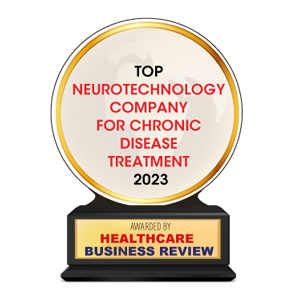Chronic diseases, also known as non-communicable diseases (NCDs), are a global health crisis that demands our urgent attention. These conditions, such as heart disease, diabetes, cancer, and chronic respiratory diseases, account for a significant portion of the global disease burden. In recent years, the prevalence of chronic diseases has been on the rise, threatening not only the health and well-being of individuals but also straining healthcare systems and economies worldwide. It is imperative that we shift our focus towards comprehensive chronic disease management to address this pressing issue.
Chronic diseases are responsible for a staggering number of deaths and disabilities around the world. They are often long-lasting, require ongoing medical attention, and significantly diminish the quality of life for those affected. Furthermore, they place a heavy economic burden on societies, with rising healthcare costs, reduced productivity, and increased absenteeism from work. The World Health Organization estimates that NCDs account for 71 percent of global deaths, with cardiovascular diseases alone being responsible for 31 percent of these deaths.
Addressing the epidemic of chronic diseases demands a holistic approach. A comprehensive chronic disease management strategy should encompass prevention, early detection, treatment, and support for individuals living with these conditions.
The global burden of chronic diseases is a significant challenge that requires a comprehensive approach to management. Preventing the onset of these diseases, ensuring early detection, and providing appropriate treatment and support are essential steps toward addressing this growing crisis. Governments, healthcare providers, and individuals must all play their part in this endeavor. By adopting a comprehensive approach to chronic disease management, we can improve the health and quality of life of millions of people and reduce the economic burden on societies. It is time to prioritize this issue and take meaningful action to create a healthier, more vibrant future for all.
In this edition, we have featured Soin Neuroscience which is rewriting this narrative with its novel, proprietary spinal cord stimulator that can drive the pain scores significantly lower in preliminary testing.






